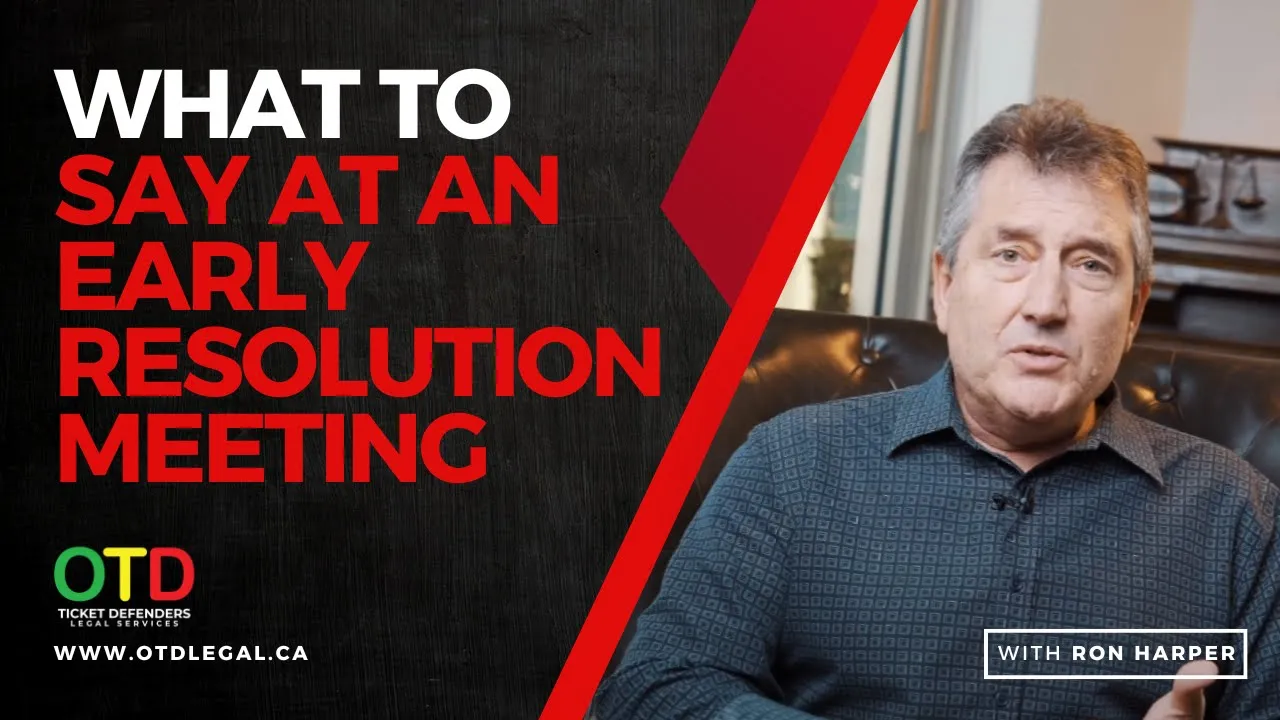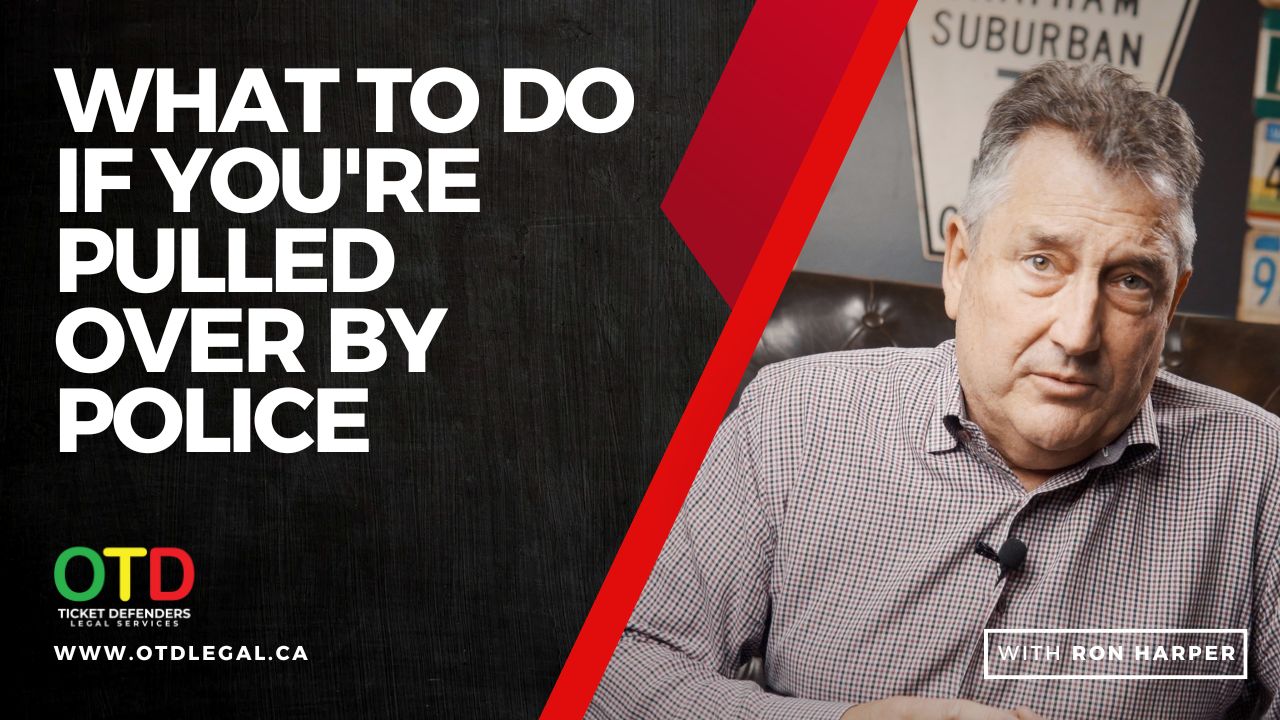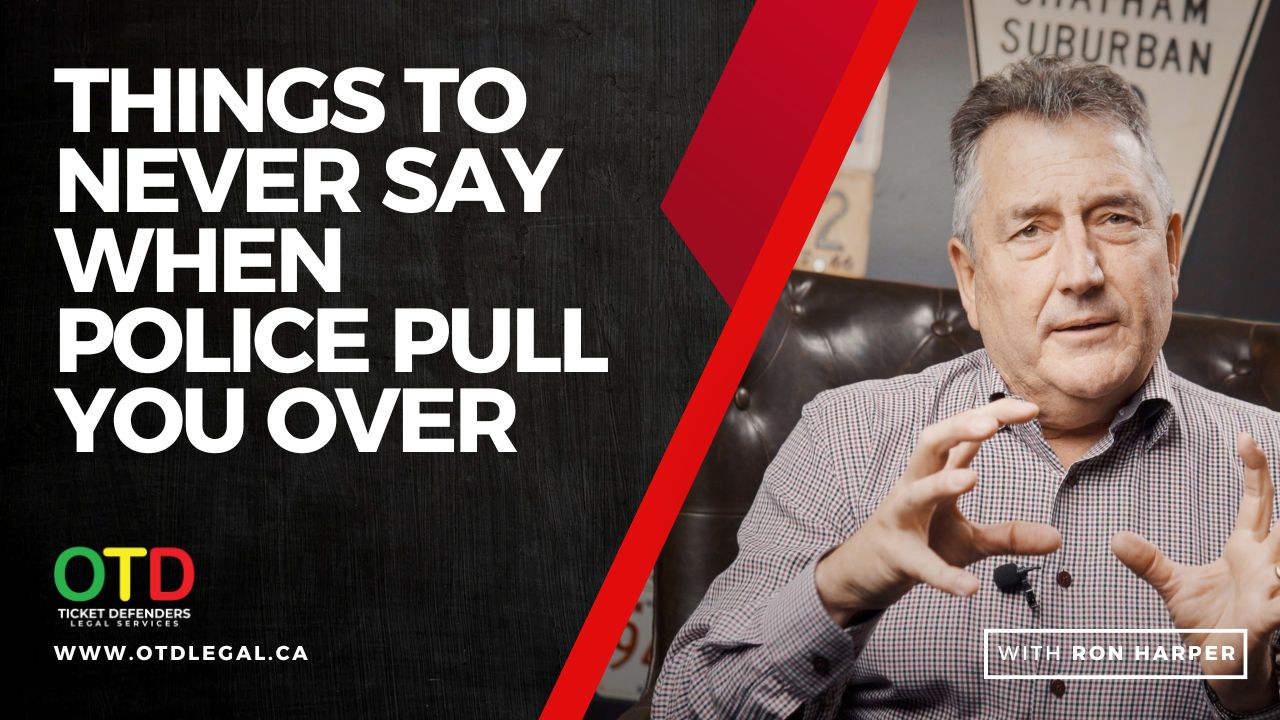The Contents of a Summons
- Your Personal Information: A summons typically includes your name and the specific charge you are facing.
- Command to Attend: Instead of indicating a fine, it serves as a directive for you to appear in court. You have two options for attending court: in person or by designating a representative to appear on your behalf.
Seek Professional Guidance
- Legal Counsel: For serious charges, (ie. Careless Driving) you will be served a summons, indicating the gravity of the situation. In such cases, it’s highly advisable to seek professional representation.
- Experienced Assistance: Consult with a paralegal experienced in handling similar cases. They can guide you through the process and help you understand the best course of action.
- Charge Disclosure: While the summons specifies the charge, it does not provide evidence of what transpired. Your representative will play a pivotal role in gathering and presenting evidence in your favor.
Court Proceedings
- Higher-Level Court: When you receive a summons, you are entering a higher level of the provincial offenses court system. This often involves the participation of a crown attorney and may lead to discussions about potential penalties, including the possibility of incarceration.
- Importance of Professional Representation: Given the seriousness of these proceedings, attempting to handle the matter on your own is not recommended. Legal representation can be instrumental in safeguarding your rights and ensuring a fair outcome.
Explore Your Options
- Free Consultation: Consider reaching out to OTD Legal for a free consultation. This initial step can provide valuable insights into your rights, options, and the kind of assistance you may need to address a significant legal matter.







